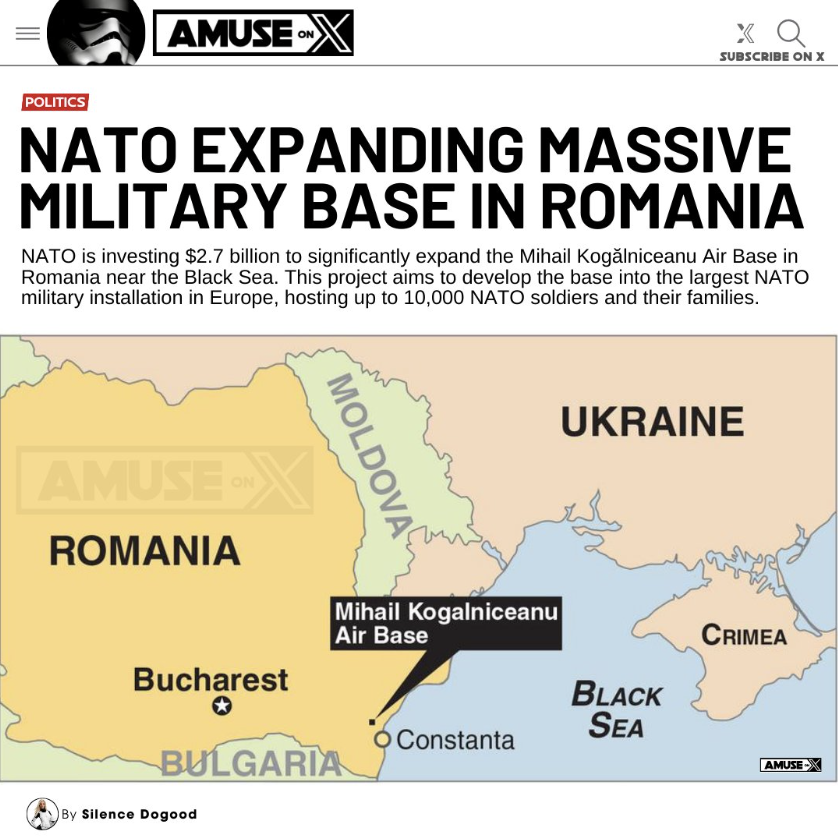The U.S., Russia, and Ukraine: A Historical Perspective on the 2022 Invasion
Many Americans are looking at this Russia and Ukraine war as a recent event but as I always say, read history to better understand the present. Invasions don’t just happen overnight. The U.S. has been involved with Russia and Ukraine since the collapse of the Soviet Union in 1991 due to our own interests. Please note this article is written from an American’s POV.
In December 1991, over 90% of Ukrainian’s voted in favor of independence due to economic hardship under Soviet rule, nationalist movements, and dissatisfaction with Moscow’s control. The U.S. formally recognized their independence the same day the Soviet Union dissolved.
The U.S., U.K., and Russia signed the Budapest Memorandum of 1994, promising to respect Ukraine’s sovereignty and territorial integrity in exchange for Ukraine giving up its nuclear weapons inherited from the USSR. Since then, the U.S. has provided economic aid, democratic-institution building programs, and military cooperation to help stabilize Ukraine after Soviet rule.
Remember that word: Stabilize.
NATO, or the North Atlantic Treaty Organization, is a military alliance founded in 1949 post WWII between countries in Europe and North America. Its purpose is to protect the security and freedom of its members. Russia has long opposed NATO’s eastward expansion, viewing it as a direct threat to its sphere of influence. Ukraine’s increasing alignment with the West and discussions about potential NATO membership heightened tensions.
The U.S. again was involved in Ukraine’s 2004 presidential election when a pro-Russian candidate won but results were overturned by its supreme court making way for pro-Ukrainian candidate’s victory in a re-run election. The United States played a role in supporting democratic processes in Ukraine during this period through U.S. Agencies like USAID to assist in funding Ukrainian civil society groups, independent media, and election monitoring organizations. Mind you, this election led to the Orange Revolution in this country. Russia viewed this as direct Western interference in Ukraine’s political affairs. The Orange Revolution significantly strained U.S.-Russia relations. The revolution also set the stage for future conflicts like the 2014 Euromaidan protests and Russia’s annexation (forcible takeover) of Crimea.
How did we get to the invasion today?
It was driven by several factors. Like we said, NATO’s expansion into eastern Europe escalated Russian Security concerns. America has the same concerns about Russian threats through Canada in proximity to us. Putin has always viewed Ukraine as a part of Russia’s historical territory and cultural heritage. He has said he dismissed Ukraine’s post-soviet independence as an artificial construct imposed by the West. Putin views Zelensky’s government as too pro-Western. In the months leading up to the February 2022 invasion, Putin amassed significant military forces along Ukraine’s borders, marking the full-scale invasion the most significant military conflict in Europe since World War II.
Ultimately, what provoked the 2022 Russian invasion of Ukraine was a combination of strategic, ideological, and geopolitical motivations, with Russia seeking to reassert its influence over Ukraine and push back against Western alliances. However, instead of weakening NATO, the invasion led to increased Western military support for Ukraine and the expansion of NATO with Finland and Sweden seeking membership as well as the largest NATO base in Europe now being built in Romania. The base is currently under construction and roughly 12 miles from the Black Sea coast. It will be able to support up to 10,000 NATO personnel and their families and the base's expansion is expected to cost $2.7 billion.
Mind you, this base is uncomfortably close to Crimea and Ukraine.
Did our 34 year involvement in Russia and Ukraine matters surprise you? I’m very proud to be American for many reasons and lead a conservative women’s group out of North Carolina but even I am cognizant of my country’s selfish interests and corrupt global involvements due to political greed and power. Every country is guilty for this. The way I see it is don’t blame the church, blame the people in the church. I don’t blame my country. I blame the corrupt politicians on both sides of the aisle who launder money and start wars for profit. Yes, I think Russia is responding to long-term Western involvement but they also have their own ideological reasons and I don’t really blame them for feeling threatened. That doesn’t make me a dictator symp. It makes me understand their motives logically. 43,000-70,000 Ukrainian soldiers have died since February 2022 and 198,000 Russian soldiers. As of January 2025, the UN has recorded 41,000+ civilian casualties. There could have been more peaceful ways to settle these tensions aside from a war on the very people Putin is trying to win back. If we only had an American President at the time to help orchestrate that deal that could have prevented many deaths of Brothers, Fathers and Sons.
My view now is that Trump has the respect of Putin and the power to negotiate with him and at the same time get payback and compensation from Ukraine for providing them stabilization. I can see this isn’t as simple as “not getting involved” considering we have been involved since 1991. But I’ll leave you with a few questions to help you think more about this. If NATO’s purpose is to protect the security and freedom of its members yet Ukraine is not a NATO member, then why have we been doing so much to protect Ukraine like it’s a member? What does Ukraine have that we want? What dirty laundry is it hiding for us? Why is it so important that we keep it from being invaded by Russia?
Aren’t geopolitical matters fun? I am confident we are in good hands and hopeful for a resolution.
Signed,
Michelle
Sources pulled from AI: JMU.edu, KYIVPOST.com, CFR.org, Political.edu, Newsweek.com, Statistica.com, Amuse on X for image.
